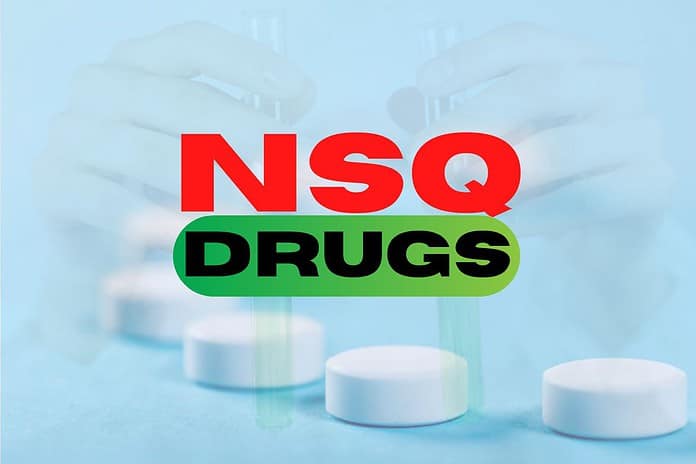Last Updated on October 15, 2024 by The Health Master
The company whose cough syrup is suspected to have caused the death of nine children in Jammu has been found to produce substandard quality medicine several times in the past by drug authorities in many states from 2014-15 onwards.
Different products of the Himachal-based pharma manufacturer Digital Vision were found to be not-of-standard-quality (NSQ) in Rajasthan, Karnataka, Maharashtra, Gujarat and Kerala.
The database of the Xtended Licensing and Laboratory Node, an authority for issuing sales and manufacturing licences for pharma companies, recorded several such instances of quality failure of Digital Vision’s products from 2014 till 2019.
The company also figured in the government’s national drug quality survey report of 2014-16, where out of eight samples of the company’s products, four were found to be substandard.
Despite such numerous instances of poor quality drugs being manufactured by Digital Vision, a Rs 45 crore turnover company incorporated in 2009, it has continued to do business as usual raising questions about the consequences, if any, for manufacturers caught producing substandard drugs.
Also read: HP pharma firm told to submit stock withdrawal report every six…
Of the 17 children affected in Udhampur district in Jammu, 9 died from renal failure. The common factor in all the deaths was that they had consumed the cough syrup Coldbest PC.
There are 5,500 bottles of this September 2019 batch of Coldbest PC out in the market spread over eight states including Haryana, J&K, Uttar Pradesh, Himachal Pradesh and some in the north-east.
The J&K drug controller has said that all units are being recalled. Himachal Pradesh health and safety regulation authorities have suspended all production at the company’s Kala Amb facility in Sirmaur, where the cough syrup was manufactured.
PGI Chandigarh’s lab found that the cough syrup samples contained diethylene glycol, a chemical used to make polymers and anti-freeze, which could have caused the deaths.
The samples have been sent for further testing to the Regional Drug Testing laboratory. The contaminant, diethylene glycol was found to be present in propylene glycol, a common food additive also used in drug manufacture.


